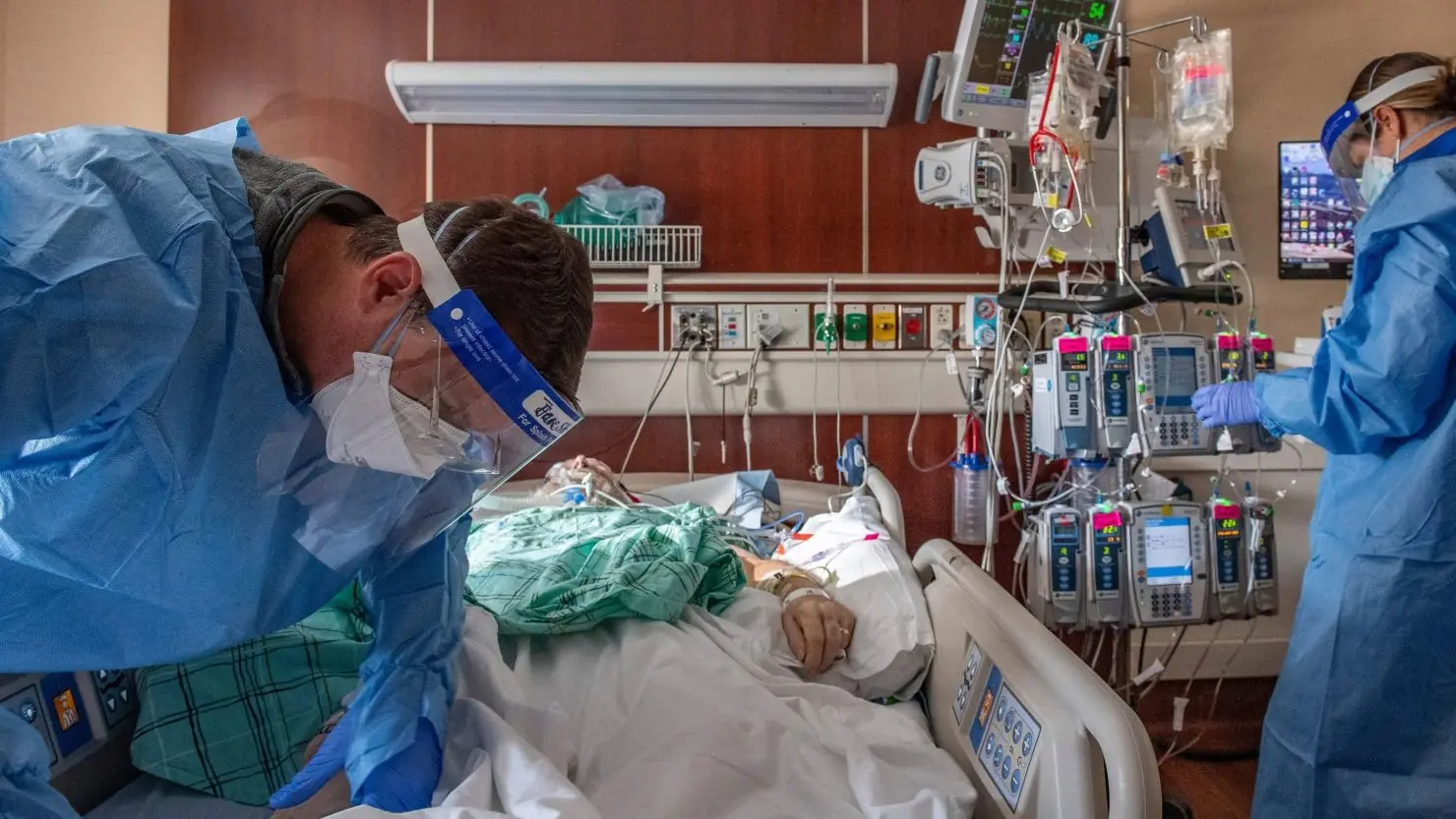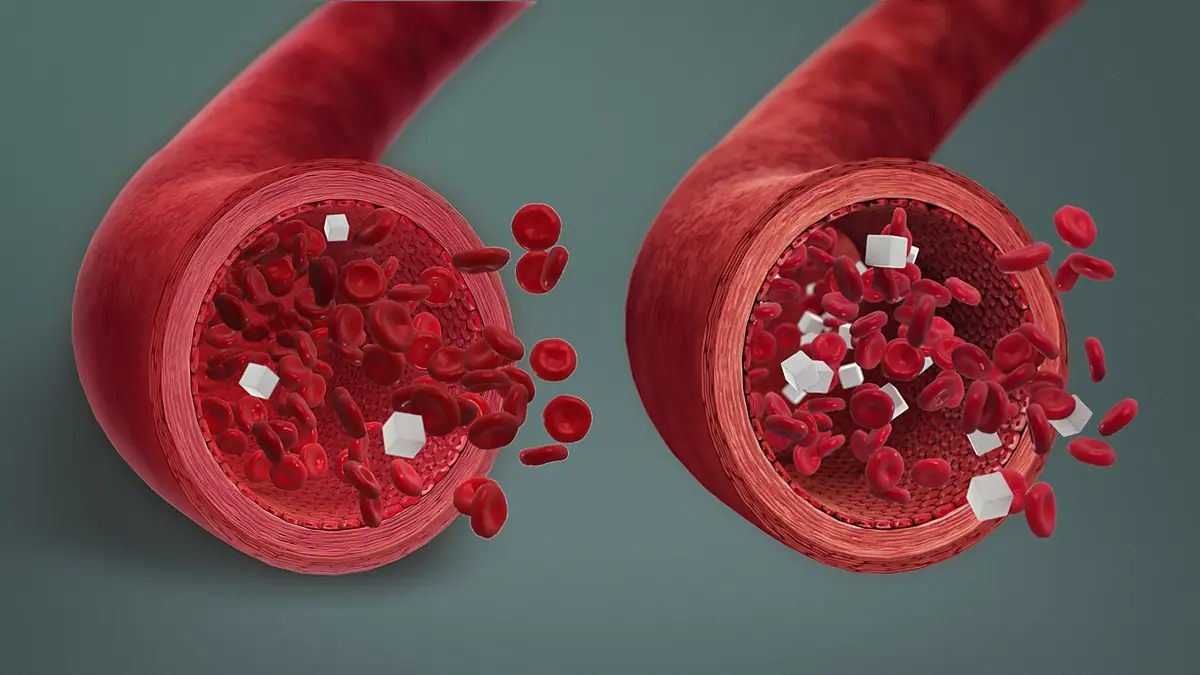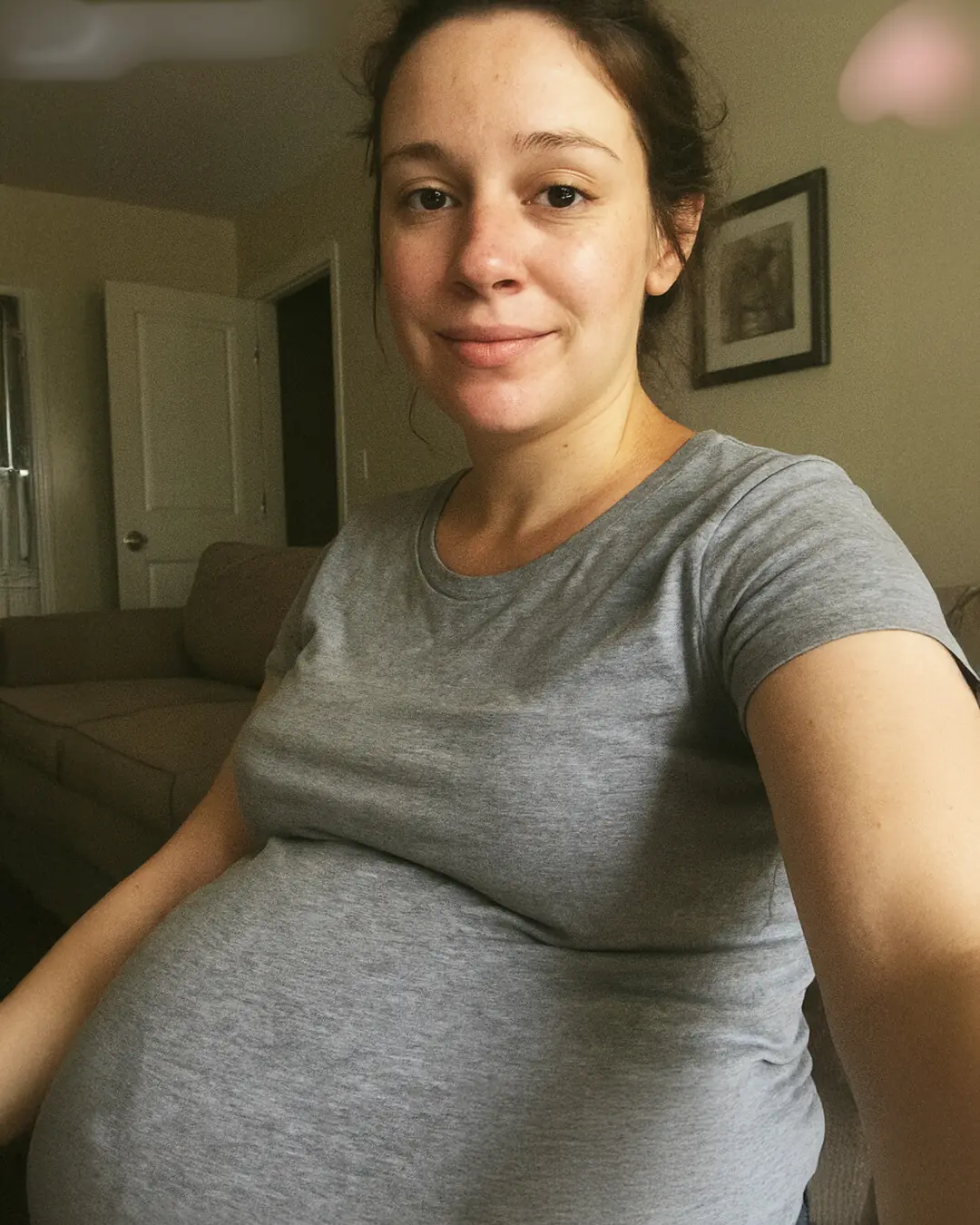
Doctor warns of the worrying symptoms that mean common disorder could actually be bowel cancer
 Common Bowel Cancer Symptoms Often Mistaken for IBS, Doctor Warns
Common Bowel Cancer Symptoms Often Mistaken for IBS, Doctor Warns
A leading doctor has issued a warning about certain bowel cancer symptoms that are frequently confused with less serious digestive conditions, such as Irritable Bowel Syndrome (IBS).
Most of us have experienced digestive discomfort at some point—whether it's being backed up for days, running to the bathroom with sudden diarrhea, or feeling painfully bloated. While these symptoms are often attributed to something like IBS, medical experts stress the importance of not jumping to conclusions.
According to the American College of Gastroenterology, between 10 and 15 percent of Americans suffer from IBS—a chronic condition that affects the digestive system. Symptoms commonly include stomach cramps, bloating, constipation, and diarrhea. They tend to come and go, often flaring up for days, weeks, or even months.
Despite its uncomfortable nature, IBS is not life-threatening and doesn’t increase your risk of developing more serious diseases like bowel cancer. However, one UK-based physician is warning patients not to automatically assume IBS is to blame when certain symptoms arise.
Serious Symptoms Shouldn’t Be Ignored
Dr. Rupa Parmar, a general practitioner and Medical Director at Midland Health, has highlighted some warning signs that, while similar to IBS, could point to something far more serious—such as bowel cancer.
While the two conditions may share a number of overlapping symptoms, including abdominal cramps, bloating, and changes in bowel habits, Dr. Parmar emphasizes that there are several red flags that shouldn’t be ignored.
"IBS is a common digestive disorder, but it should never be used as a catch-all diagnosis—especially if your symptoms are new, getting worse, or accompanied by other concerning signs," she explains.
Key Differences to Watch For
Here are some critical symptoms that might help you distinguish between IBS and bowel cancer:
1. Changes in Stool Appearance
IBS may cause stools to appear looser or include a whitish mucus, but blood in the stool is not a symptom of IBS. Dr. Parmar warns that blood—especially if it’s dark red, black, or tar-like—could be a sign of bowel cancer and should always be investigated.
“Very narrow or pencil-thin stools are another sign to look out for,” she adds, “as they could suggest a blockage caused by a tumor.”
2. Unexplained Weight Loss
Unlike IBS, bowel cancer can cause noticeable weight loss without any change in diet or activity level.
“This happens because the body may not absorb nutrients properly due to cancer cells interfering with normal digestion,” Dr. Parmar says. “As a result, people may burn calories faster without realizing it.”
Weight loss that occurs suddenly or without trying should always be checked out by a medical professional.
3. Rectal Bleeding
Bleeding from the rectum or seeing blood when you wipe is not linked to IBS. If it occurs—especially if it's persistent or accompanied by pain—this can be an early warning sign of bowel cancer.
“Even a small amount of bleeding that happens regularly over a few weeks warrants a doctor’s visit,” Dr. Parmar advises. “It might not be cancer, but early testing is key.”
4. Fatigue or Weakness
Feeling unusually tired or weak? It could be more than just everyday stress.
According to Dr. Parmar, “Fatigue may result from internal bleeding or anemia caused by a lack of red blood cells. In some cases, the cancer itself uses a significant amount of the body’s energy, leaving you constantly drained.”
Unlike IBS, which doesn’t typically affect energy levels in such a direct way, this kind of fatigue can be persistent and unexplained.
5. Risk Factors That Raise Concern
While IBS can affect people of all ages, bowel cancer is more common in those over 50. Other risk factors include:
-
Smoking
-
Excessive alcohol intake
-
Obesity
-
A diet high in fat and low in fiber
-
A family history of bowel cancer
Dr. Parmar stresses that anyone with these risk factors should be particularly cautious and proactive about any changes in their digestive health.
Early Detection Is Crucial
Dr. Parmar concludes: “It’s always better to be cautious. If you're experiencing persistent or new symptoms that concern you—even if they seem like typical IBS signs—see your GP and request a proper evaluation.”
“Catching bowel cancer early dramatically increases treatment success. Don’t wait—get checked.”
News in the same category


Diet and Uric Acid: Foods to Avoid for Gout Prevention

This Is What Happens To Your Body When You Smoke Weed And Work Out

The Hidden Meaning Behind Wearing an Ankle Bracelet—Most People Have No Idea

Scientists Have Discovered An Alarming Rise in Advanced Prostate Cancer in California

How to Safely Remove Milia

Natural Methods to Destroy Bloating and Heartburn-Causing Bacteria in Your Gut

15 Early Signs Your Body is Fighting Cancer

common morning habits that may increase your risk of stroke

New COVID Wave Surges — Health Officials Sound Alarm As Cases Double

How to Improve Your Vision Naturally with One Simple Ingredient: Saffron

How to STOP Cravings FAST Without Dieting! (The Natural Ozempic?)

Doctors make disturbing discovery in the brains of heavy alcohol drinkers that 'can cause long-term effects'

World-first sperm race is happening soon and the creators have revealed how it will work

Scientists Grow First Fully Formed Tooth In Lab — A Groundbreaking Breakthrough

New COVID Wave Surges — Health Officials Sound Alarm As Cases Double

10 Things That Men May Find Unattractive About Women Over 50

8 Signs You Might Be Affected by Lactose Intolerance

Understanding Diabetes: Types, Symptoms, Risks, and How to Manage It
News Post

12 Ways Your Feet Are Warning You About Your Liver!

Diet and Uric Acid: Foods to Avoid for Gout Prevention

This Is What Happens To Your Body When You Smoke Weed And Work Out

My Husband Took His Female Colleague to My Inherited Lake House for 'Business Trips' — But He Had No Idea I’d Already Installed Cameras

MIL Billed Me $3,360 for Babysitting Her Own Grandson — Here's How I Settled the Score

I Was Forced to Pay Rent to My Future MIL Just to Stay in Her House and Keep My Relationship Alive

Our Sassy Neighbor Threw a Party in Our Backyard, Demanding We Stay at Home, but We Had the Last Laugh

The Hidden Meaning Behind Wearing an Ankle Bracelet—Most People Have No Idea

My Husband Called Me Lazy for Wanting to Quit My Job While 7 Months Pregnant – So I Taught Him a Lesson He'll Never Forget

After Their Son's Death, This Elderly Couple Stopped Cooking & Spent 20 Years Sharing Meals with Neighbors — Until One Neighbor's Rejection Broke Their Hearts

Husband Gifted Me a Mop on Our 10th Anniversary as His Sister Laughed – Moments Later, Karma Restored My Faith in Goodness

AM I WRONG FOR BEING UPSET THAT MY 71-YEAR-OLD MOM, ELEANOR, SPENT HER MONEY ON TRAVELING INSTEAD OF HELPING ME, SOPHIA, WITH MY BILLS?

My Husband Bought First Class Tickets for Himself and His Mom Leaving Me and the Kids in Economy - My Lesson to Him Was Harsh

My MIL Thought I Was Not Beautiful Enough for Her Son, So I Entered a Beauty Contest to Win the Crown

Scientists Have Discovered An Alarming Rise in Advanced Prostate Cancer in California

How to Safely Remove Milia

Natural Methods to Destroy Bloating and Heartburn-Causing Bacteria in Your Gut

15 Early Signs Your Body is Fighting Cancer
